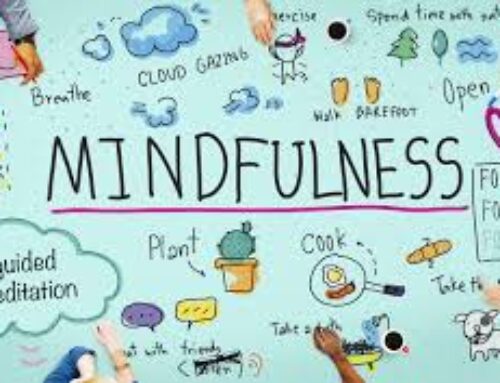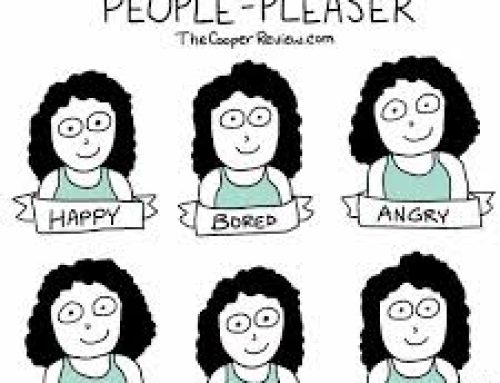
In the current climate it seems like everything is putting panic at the forefront of our mind. Statistics, charts, speeches, websites, etc. are rampant with information and it is difficult to know who to believe. While it is important to make sure your information is accurate before you share, or rely on it for your own safety; it is also important that you check your coping skill usage to ensure you are managing and not causing additional stress on yourself or others. So how do you cope when the world is in crisis?
Helpful Coping Skills
It is a scary place out there right now. We have been encouraged to “social distance” ourselves from others. This is preventative in nature. It doesn’t mean you cannot say “hello” to someone you see or offer a smile. It doesn’t prevent us from calling someone to see if they are okay or just to talk about anything other than what we are all reading/watching in the media.
“Social distancing” does not mean that you cannot engage with people and participate in many of our daily activities. It means to be careful and allow some separation to avoid potential transmission of something we might not be aware we have. Think smart not from fear.
Wash your hands before and after engaging with someone. If you are in an office setting, control your own door knob. Walk people in and out of your office to reduce transmission. Use caution for any surfaces that may have been touched and wipe these down with a disinfecting wipe or use a product that will reduce the spread of viruses. Just remember to be human. If it is simply not possible to work within this framework, consider doing virtual visits with others. The Mindly Group can provide telehealth services that will be covered under most insurance companies (some exclusions do apply, so check with your insurance carrier).
We are all in this together and we need to be mentally ready to offer support to others.

Stephanie Phillips, LCMHCS, NCC, CCTP
Psychotherapist & Owner
The Mindly Group, PLLC




